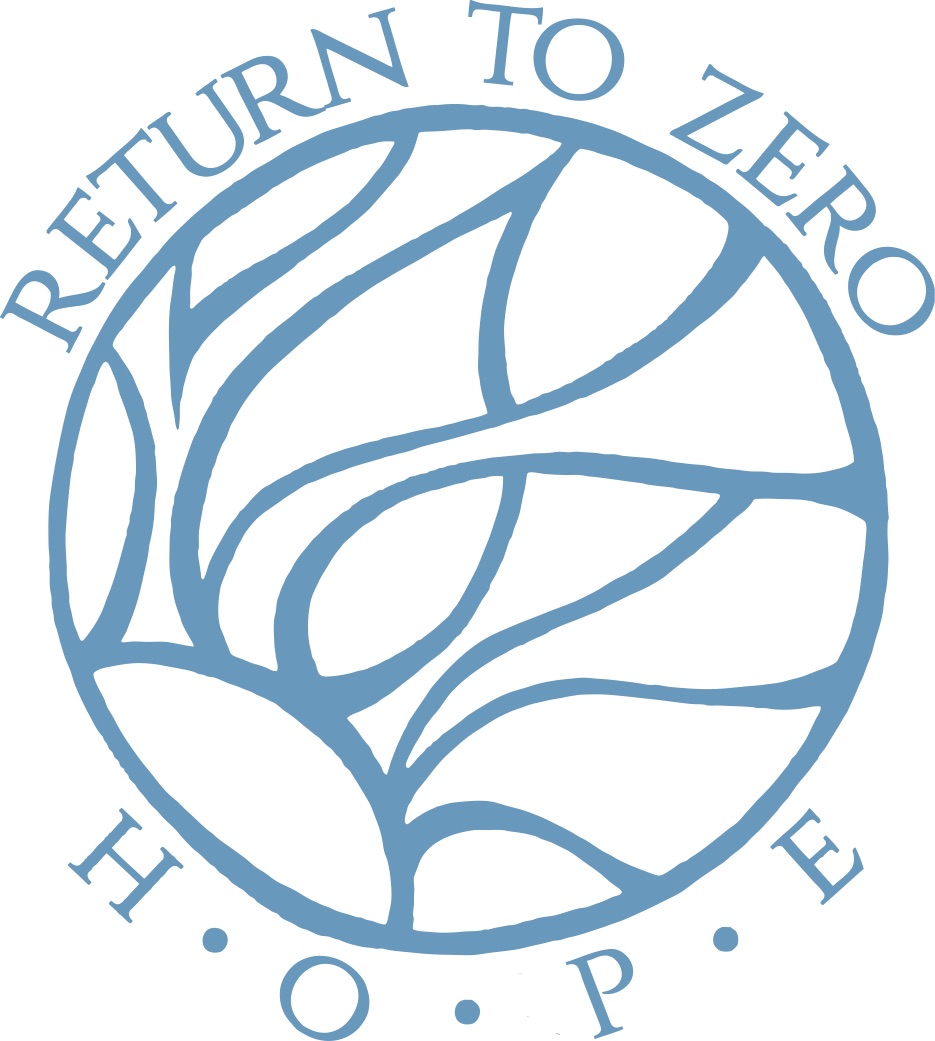Lograr la recuperación y mejorar la salud mental
Después de una pérdida de embarazo, nacimiento de un niño muerto, o la muerte de un bebé
ENCONTRANDO SIGNIFICADO Y CREANDO VINCULÓ CON TU BEBÉ
Las mujeres que logran encontrar significado en sus pérdidas tienen menor angustia mental, mayor satisfacción marital, forman vínculos perpetuos con sus hijos que fallecieron, y tienen mejor salud física (Caccitore, 2013; Jaffe, 2014).
No es raro que madres permanezcan unidas a su bebé y continúen la relación a través de rituales por muchos años después de la muerte de su bebé. Caccitore, 2013; Cote_Arsenault & Mahlangu, 1999; Jaffe, 2014; Uren & Wastell, 2002).
Los padres consiguen un sentimiento de poder cuando crean sus propios rituales para mantener este vínculo (Brin, 2004).
Puede que lleve muchos años lograr ese sentimiento de significado y llegar a recuperarse (Caccitore & Bushfield, 2007).
APOYO SOCIAL
Después de una pérdida, el apoyo social juega un rol en atenuar los efectos del trauma y en mediar el estrés (Caccitore, 2013; Caccitore, Schnebly, & Froen, 2008; Kersting & Wagner, 2012).
Las mujeres están en la búsqueda de un ámbito donde tengan el permiso para hablar sobre la muerte de sus hijos y conocer a otras madres que estén en situaciones similares (Caccitore, Schnebly, & Froen, 2008; Jaffe, 2014).
Un medio que le dé la oportunidad a las madres a expresar sus emociones y a contar sus historias puede ayudar a disminuir la depresión, la autoculpa, y el trauma (Caccitore, 2013).
Las mujeres encuentran que los grupos de apoyo y hablar con otros padres les ayuda porque valida la experiencia que vivieron, provee consuelo, crea vínculos, y revierte el aislamiento (Caccitore & Bushfield, 2007).
La capacidad de recuperación es un rasgo del carácter humano que se ha observado puede ser un contrapeso para mitigar la angustia mental. Las redes de apoyo son un ingrediente clave de la capacidad de recuperación y están asociadas con la reducción de la depresión y el PTSD (trastorno por estrés postraumático) (Caccitore, Schnebly, & Froen, 2008; Gold, Leon, Boggs, & Sen, 2016), ay además con la mejora de los resultados de la salud y la prevención de enfermedades (Hutti, 2004).
REFERENCES
Altounji, D., Morgan, H., Grover, M., Daldumyan, S., & Secola, R. (2012). A self-care retreat for pediatric hematology oncology nurses. Journal of Pediatric Oncology Nursing, 30(1), 18-23.
Azri, S. & Ilse, S. (2015). The Prenatal Bombshell. Lanham, Maryland: The Rowman & Littlefield Publishing Group.
Boyle, F. M., Vance, J. C., Najman, J. M., & Thearle, M. J. (1996). The mental health impact of stillbirth, neonatal death or SIDS: Prevalence and patterns of distress among mothers. Social Science and Medicine, 43(8), 1273-1282.
Brin, D. J. (2004). The use of rituals in grieving for a miscarriage or stillbirth. Women & Therapy, 27(3/4), 123-132.
Centers for Disease Control and Prevention (2016). Infant Mortality. Retrieved from http://www.cdc.gov/reproductivehealth/maternalinfanthealth/infantmortality.htm
Centers for Disease Control and Prevention (2017). Facts about Stillbirth. Retrieved from https://www.cdc.gov/ncbddd/stillbirth/facts.html.
Cacciatore, J. (2007). Effects of support groups on post traumatic stress responses in women experiencing stillbirth. Omega, 55(1), 71-90.
Caccitore, J. (2013). Psychological effects of stillbirth. Seminars in Fetal & Neonatal Medicine, 18(2), 76-82. doi: 10.1016/j.siny.2012.09.001
Caccitore, J. & Bushfield, S. (2007). Stillbirth: The mother’s experience and implications for improving care. Journal of Social Work in End-of-Life & Palliative Care, 3(3), 59-79.
Caccitore, J., Froen, J. F., & Killian, M. (2013). Condemning self, condemning other: Blame and mental health in women suffering stillbirth. Journal of Mental Health Counseling, 35(4), 342-359.
Caccitore, J., Schnebly, S., & Froen, J. F. (2008). The effects of social support on maternal anxiety and depression after stillbirth. Health and Social Care in the Community. doi : 10.1111/j.1365-2524.2008.00814.x
Cote-Arsenault, D. & Mahlangu, N. (1999). Impact of perinatal loss on the subsequent pregnancy self: Women’s experiences. Journal of Obstetric, Gynecologic & Neonatal Nursing, 28(3), 274-282.
Eunice Kennedy Shriver National Institute of Child Health and Human Development, National Institutes of Health. (2015). Stillbirth Collaborative Research Network. Retrieved from https://www.nichd.nih.gov/research/supported/Pages/scrn.aspx
Gaudet, C., Sejourne, N., Camborieux, L., Rogers, R., & Chabrol, H. (2010). Pregnancy after perinatal loss: association of grief, anxiety and attachment. Journal of Reproductive and Infant Psychology, 28(3), 240-251.
Gold, K. J., Leon, I., Boggs, M. E., & Sen. A. (2016). Depression and posttraumatic stress symptoms after perinatal loss in a population-based sample. Journal of Women’s Health, 25(3), 263-269.
Gold, K. J., Boggs, M. E., Muzik M. & Sen, A. (2014). Anxiety disorders and obsessive compulsive disorder 9 months after perinatal loss. General Hospital Psychiatry, 36, 650-654.
Gold, K. J. & Johnson, T. R. B. (2014). Maternal mental health outcomes after perinatal death. Obstetrics & Gynecology (abstract).
Gravensteen IK, Jacobsen EM, Sandset PM, Helgadottir LB, Rådestad I, Sandvik L, Ekeberg Ø (2018). Anxiety, depression and relationship satisfaction in the pregnancy following stillbirth and after the birth of a live-born baby: A prospective study. BMC Pregnancy Childbirth, 18(1): 41. doi: 10.1186/s12884-018-1666-8.
Hutti, M.H. (2005). Social and professional support needs of families after perinatal loss. Journal of Obstetric Gynecologic, and Neonatal Nursing, 34(5), 630-638.
Jaffe, J. (2014). The reproductive story: Dealing with miscarriage, stillbirth, or other perinatal demise. In D.L. Barnes (ed.), Women’s reproductive mental health across the lifespan (pp. 159-176). New York: Springer.
Jaffe, J. & Diamond, M.O. (2011). Reproductive trauma: Psychotherapy with infertility and pregnancy loss clients. Washington, D.C.: American Psychological Association.
Kersting, A. & Wagner. B. (2012). Complicated grief after perinatal loss. Dialogues in Clinical Neuroscience, 14(2), 197-194.
MacDorman, M. F. & Gregory, E. C. W. (2015). Fetal and perinatal mortality: United States, 2013. National Vital Statistics Report, 64(8).
Uren, T. H. & Wastell, C. A. (2002). Attachment and meaning-making in perinatal bereavement. Death Studies, 26(4), 279-308.

